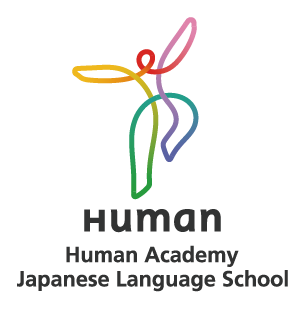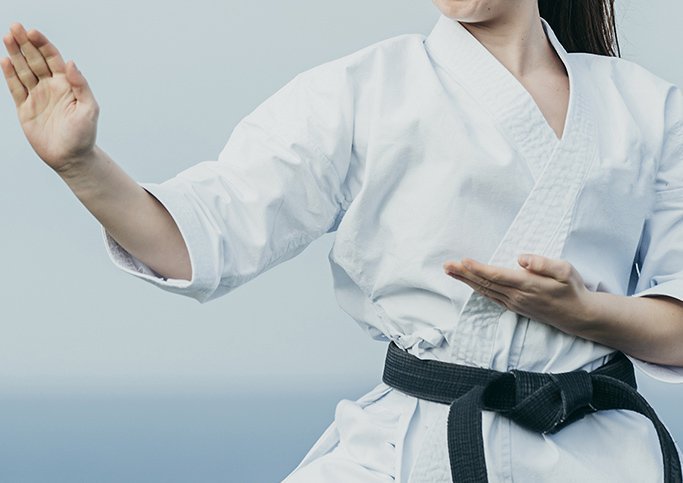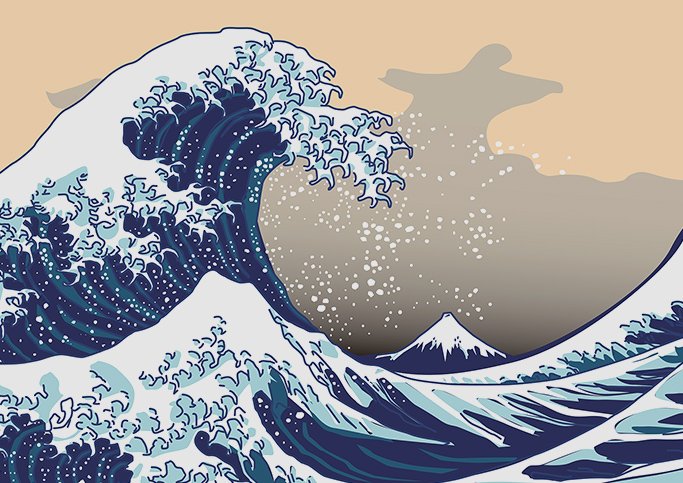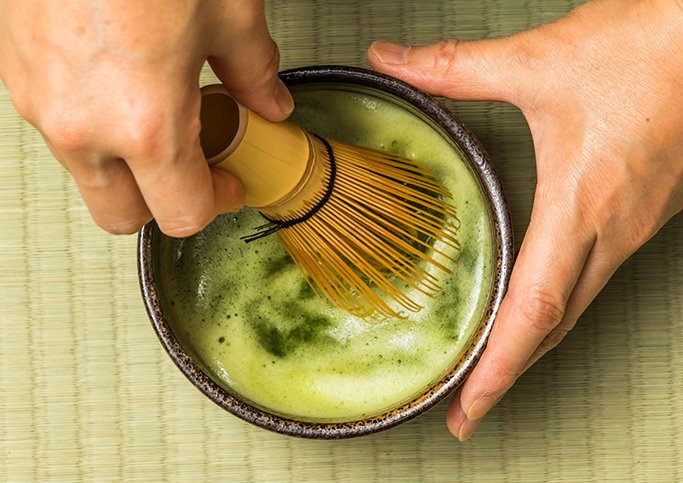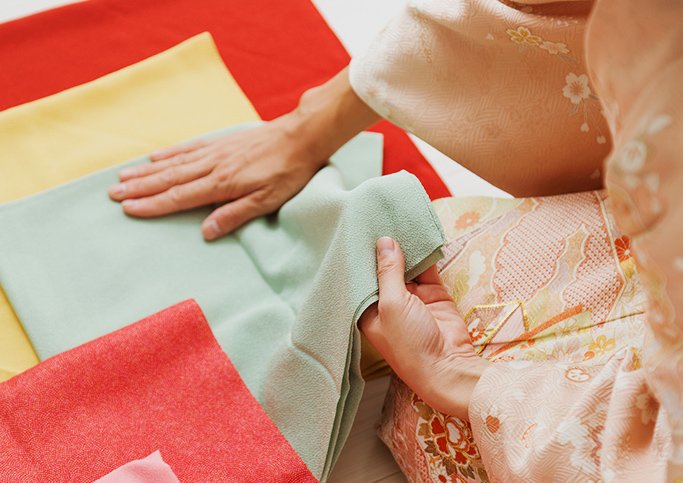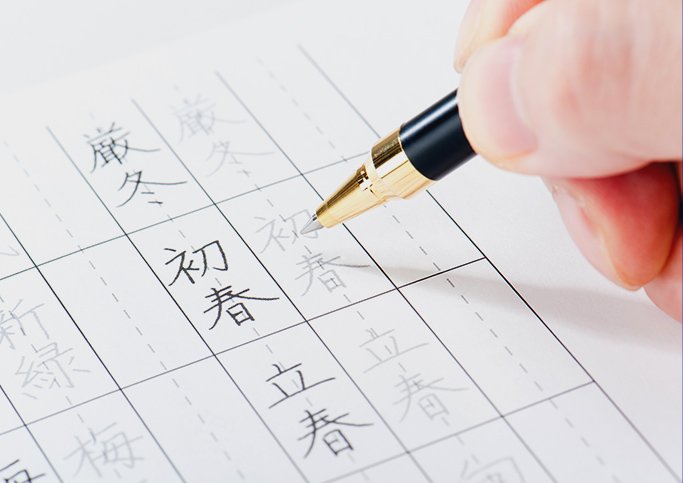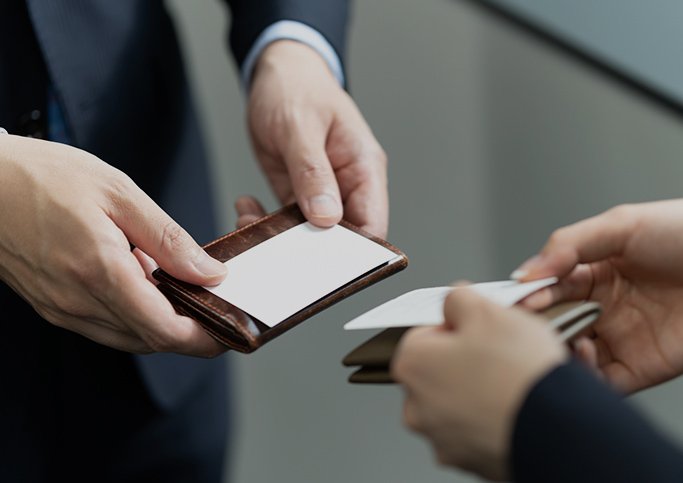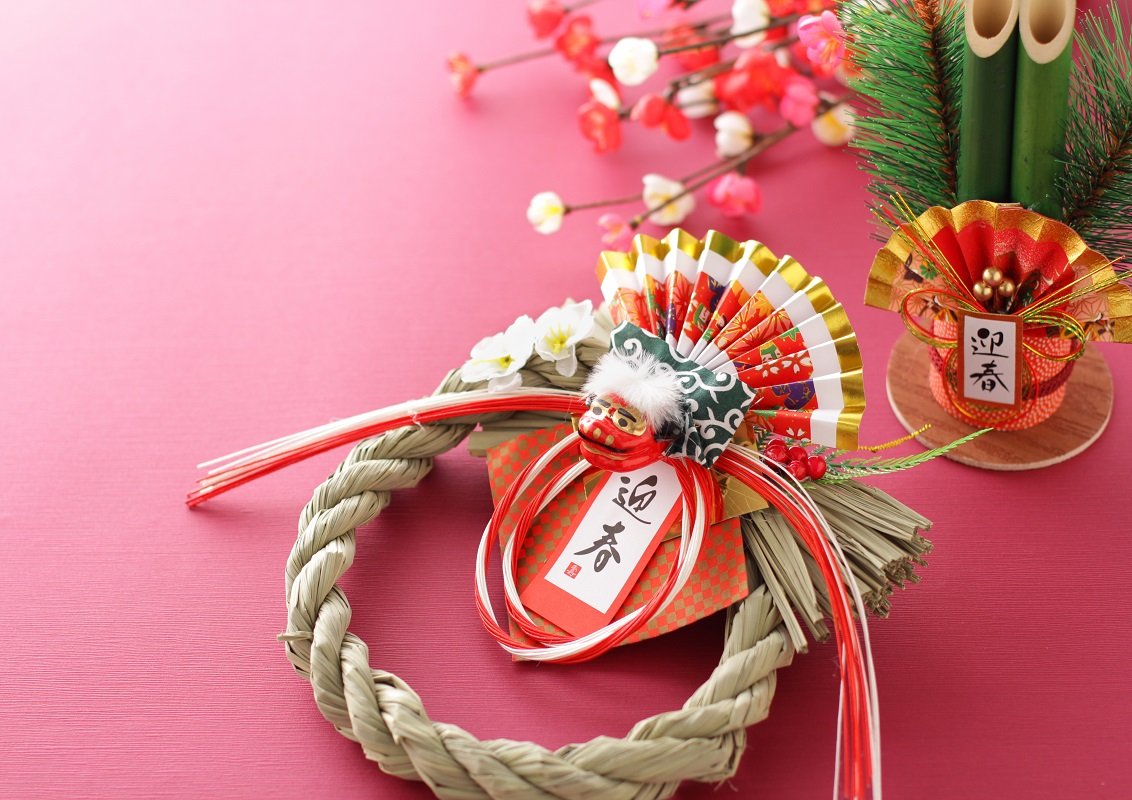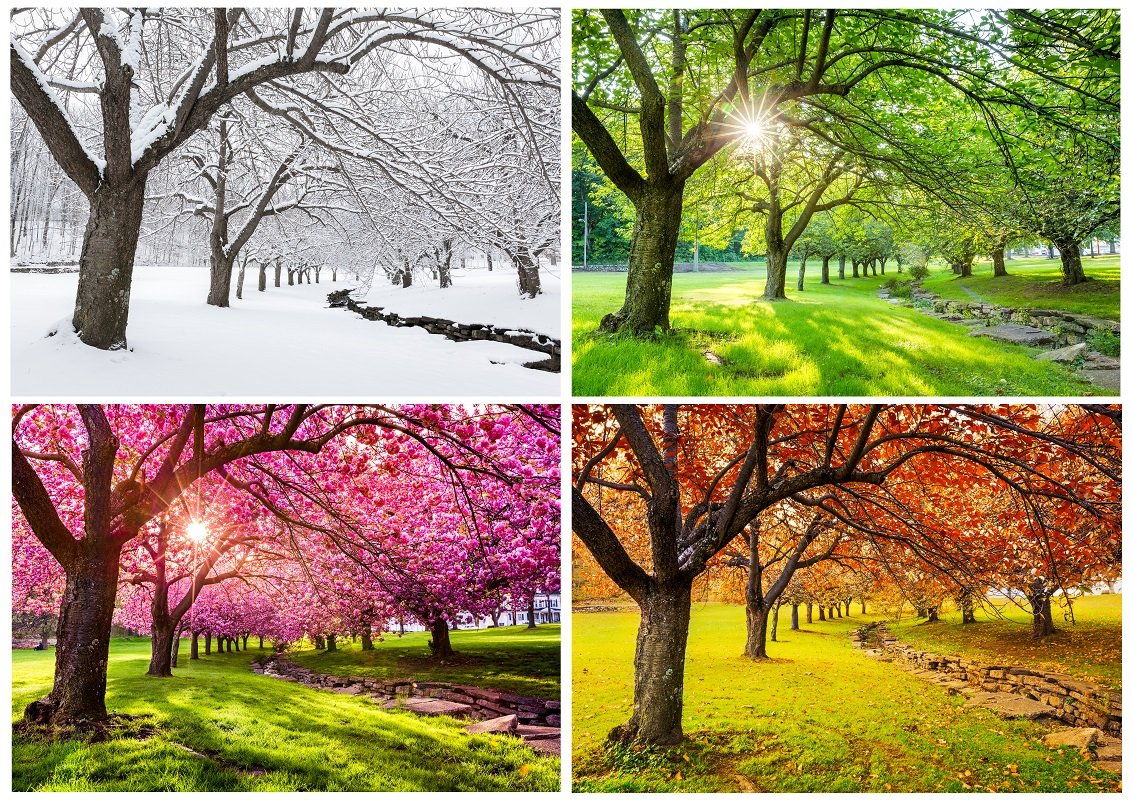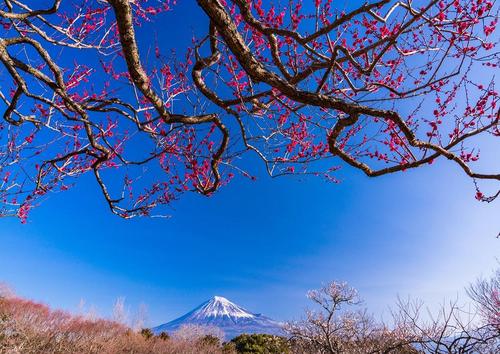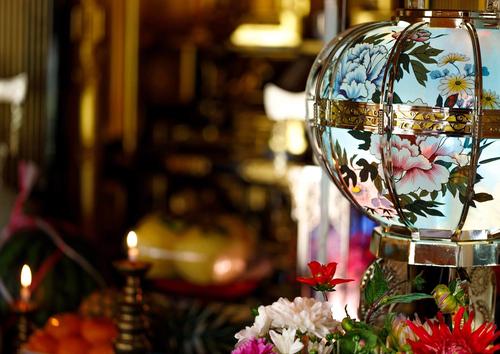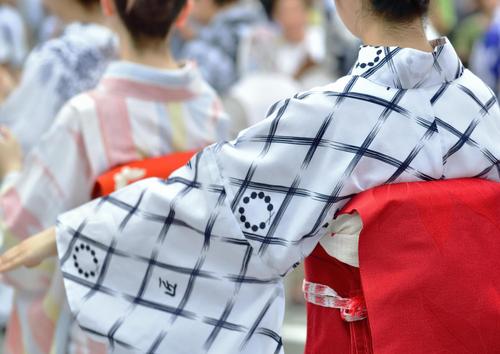
demon
Setsubun has become a national event in recent years as an event in early February, but I think few people know its meaning and origin.
Here, we will explain the origin of Setsubun, the purpose of sowing beans, and the foods of Setsubun that can be eaten in addition to Ehomaki, which are not usually highlighted.
What is the outline and origin of Setsubun?
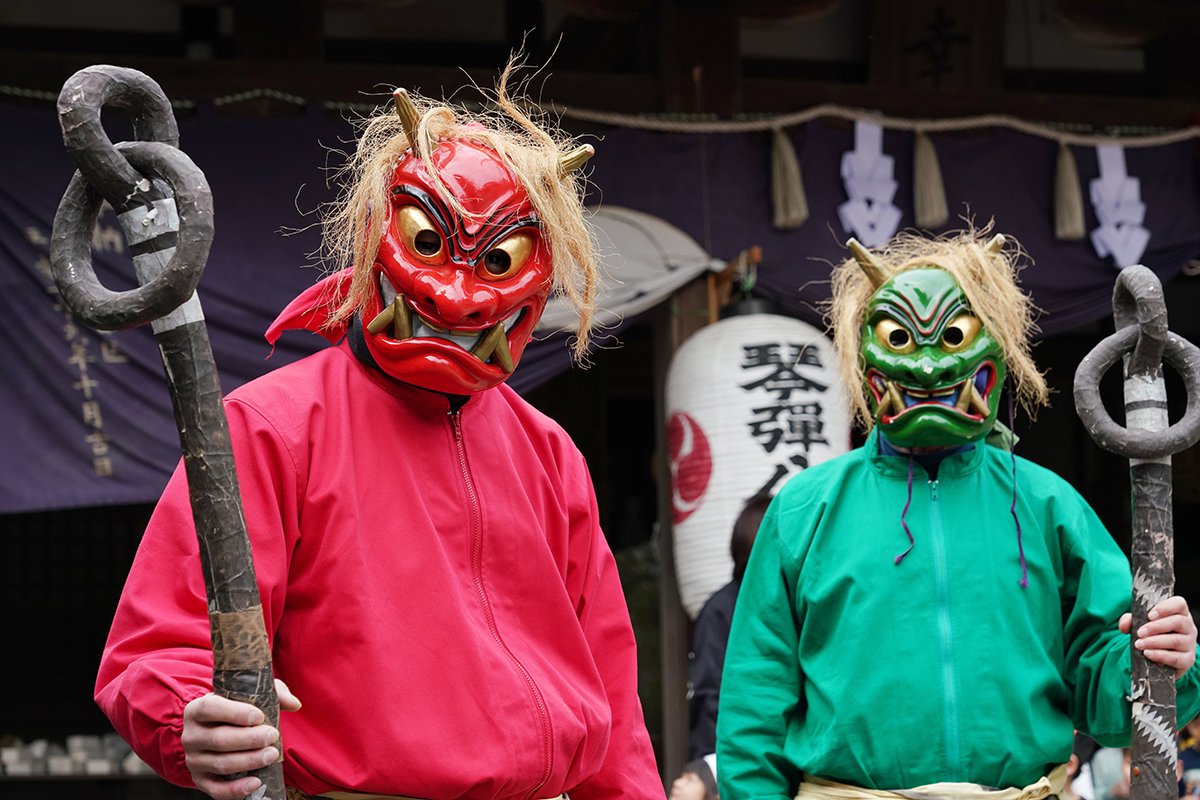
First, I will explain the outline and origin of Setsubun.
When is Setsubun?
Many of you may remember that Setsubun is "February 3rd", but did you know that it is not always February 3rd? Setsubun in February is called "the day before the beginning of spring", and since the beginning of spring may change from year to year, it may be February 2nd or February 4th.
Lichun is one of the "24th season" and represents the "beginning of spring". The twenty-four seasons are the four seasons of "spring," "summer," "autumn," and "winter," and each season is divided into six milestones. In spring, "rainwater" and "enlightenment" are followed by spring. There are milestones such as "(Keichitsu)". Strictly speaking, there are four setssubuns a year because there are also "Rising summer", "Rising autumn", and "Rising winter".
Of the four setsubuns, the ones before the beginning of spring are especially valued because of the old lunar calendar and the way of thinking of the seasons. In the olden days, spring was the beginning of a new year, such as January as "New Year". January of the lunar calendar is the current February, and it seems that the setsubun of February, which switches to the new year, was considered important.
Origin of Setsubun
Lichun is a day when the season changes from winter to spring at the turning point. Since ancient times, it has been said that unusual things happen at the turn of the season, and it is easy to be hit by unexpected events.
Therefore, the day before the beginning of spring, setsubun events began to be held in the hope that bad luck would come away and good luck would come. There are various theories about the beginning of Setsubun, such as the Heian period and the Muromachi period, but it is one of the traditional events that have been around for a long time in Japan.
The purpose and correct way of sowing beans
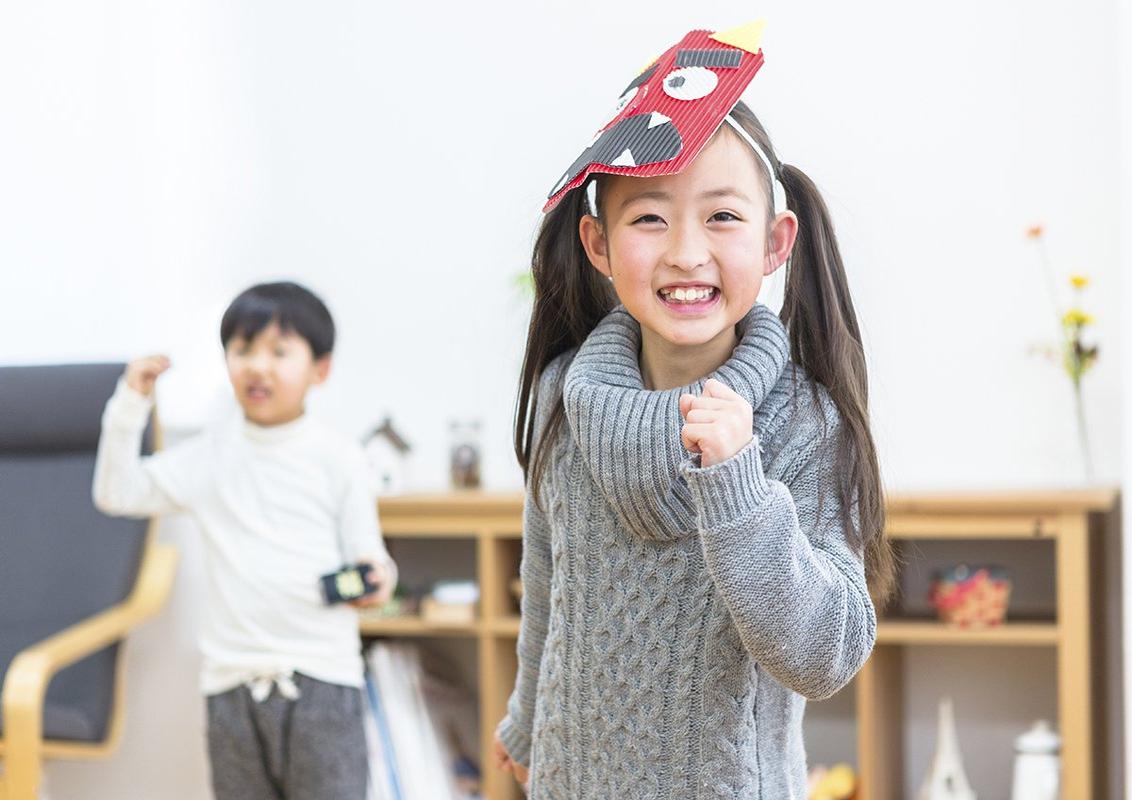
Next, I will explain the purpose of sowing beans in Setsubun and the correct way to do it.
Purpose of sowing beans
Many of you may have heard that when you sow beans, you say, "Oni is outside, Fuku is inside."Setsubun's bean-maki aims to get rid of demons and bring good fortune to their wives.
When you hear the word "oni", it's like hitting beans against a fictitious creature with horns to get rid of it, which appears in old stories such as Momotaro. It seems that the beans were sown for the purpose of dispelling evil rather than exterminating demons.
In modern Setsubun, beans are sown, but originally other grains such as rice were also used. In addition to the fact that it was thought that happiness would come when sowing grains, just as the fertility of five grains is a symbol of happiness, an anecdote that Bishamonten threw beans into the eyes of demons and defeated them as an old tradition. There is also. As beans became the most popular grain, it seems that the modern image of demon extermination has taken root.
By the way, when sowing beans with children in kindergartens, it is explained as "Let's get rid of the demons in our hearts, such as nasty feelings, painful feelings, and selfish feelings in our hearts." There is also.
[If you read the article, may you know the meaning of this KARUTA? ]
The right way to sow beans
We use roasted soybeans called "Fukumame" to sow beans for Setsubun. This is because roasted beans are said to be auspicious because "roasting beans" is similar to "shooting magical eyes", but in some areas peanuts may be sown.
As for the method of sowing beans, there are small differences depending on the region, so we will introduce the very basic method of winding.
- Prepare fortune beans
- Decide who will sow the beans
- Sprinkle beans from the inside of the house to the outside while saying "Oni is outside"
- Sow beans from the outside to the inside of the house, saying "Fortune is inside"
If you have a demon mask, you may decide who will play the role of a demon in your family. Instead of beans, we use small rolls of paper to make it easier to clean up and dispose of, and sometimes the beans are prepared just for eating. When eating beans, it is recommended to eat the number of your year plus one.
Setsubun food
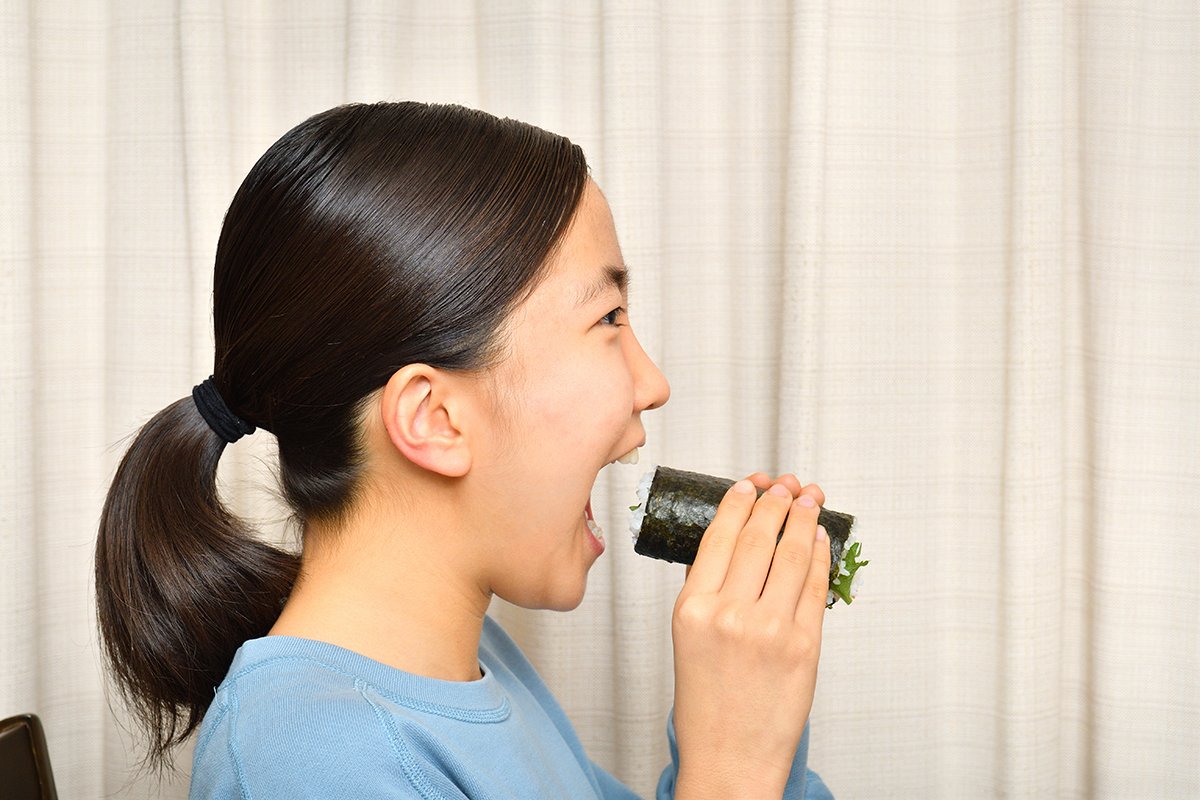
On Setsubun day, there are other things you can eat on Setsubun day besides beans. Below, we will explain each food and the meaning of eating it in Setsubun.
Ehomaki
Ehomaki, a thick-rolled sushi that can be eaten at Setsubun, was eaten mainly in the Kansai region, but is now becoming established throughout the country. It is said that the correct way to do this is to turn the Ehomaki, which is wrapped in a single roll, toward the Ehomaki of the year (the direction that is said to be auspicious) and eat one silently so as not to lead to "cutting the edge". .. Eating silently seems to come from the idea that "speaking will cause luck to escape."
Konjac
Some areas have a custom of eating konjac at the turning point of the first year as "food that cleans the inside of the body". You can also eat konjac for Setsubun and eat it for the purpose of getting rid of the bad things in your body.
Sardine
It was believed that sardines, which smell strong when baked, stabbed their heads into holly leaves after being baked and ate, and when they were displayed at the entrance, demons hated them and did not enter.
It's rarely seen in cities and condominiums, but it seems that you may eat fried sardines or oil sardines without decorating your head.
[Do you care about Japan? Would you like to learn Japanese together? ]
Soba
"Toshikoshi soba" is eaten on the day before the New Year, but since it was originally "the day before the beginning of spring in the lunar calendar", that is, the day of Setsubun was New Year's Eve, we still eat soba at Setsubun.
Kenchinjiru-soup
Kenchin-jiru is said to have started from a monk at Kenchoji Temple in Kamakura City, Kanagawa Prefecture. As auspicious food, there are some areas where you can eat Kenchin-jiru for Setsubun.
Whale
Eating the meat of large creatures is also auspicious, and it seems that there is a custom of eating whales at Setsubun in the San'in region.
Summary
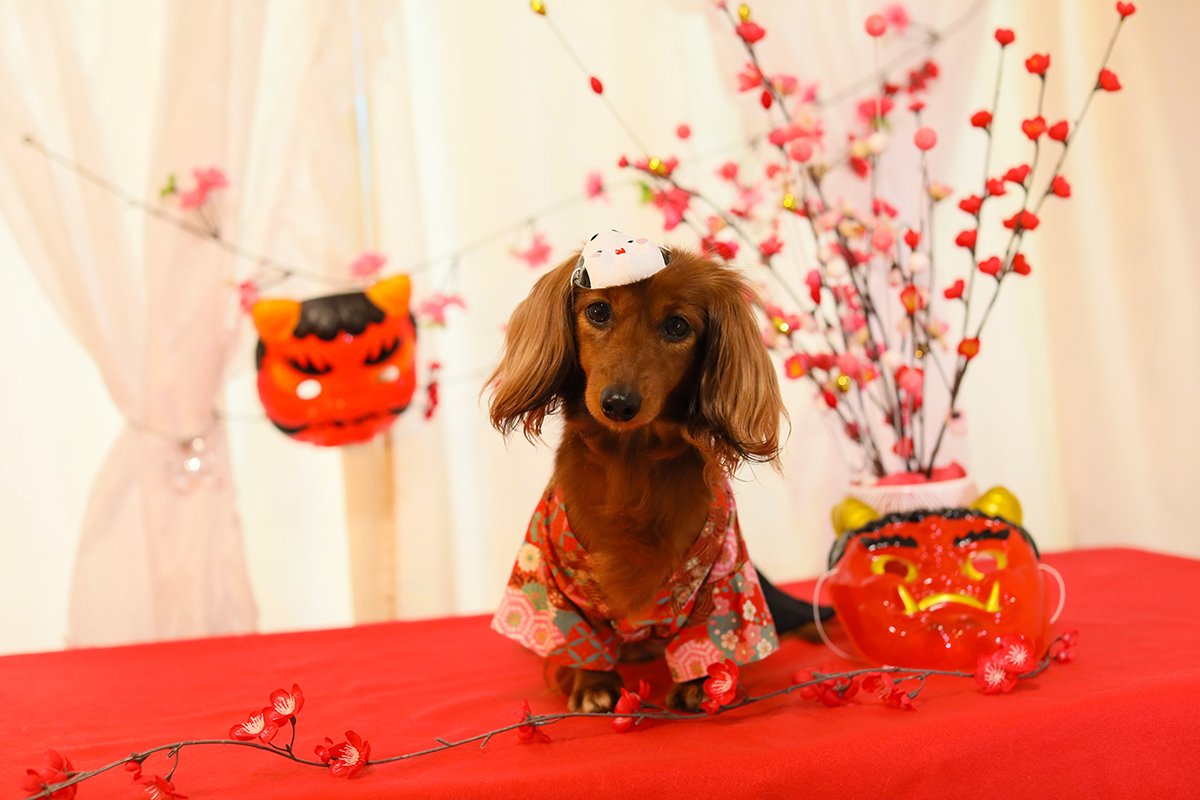
This article is a partial re-edit of the article published in Nihongo Biyori by KARUTA.
Unauthorized reproduction or use of the contents, text, images, illustrations, etc. of this site is strictly prohibited.
CATEGORIES
FEATURED TAGS
RECOMMENDATION
-
 報BUSINESS TERMS
報BUSINESS TERMSWhat is ”Ho-Ren-So”, one of the basic manners when working in Japan?
10/30/2020
-
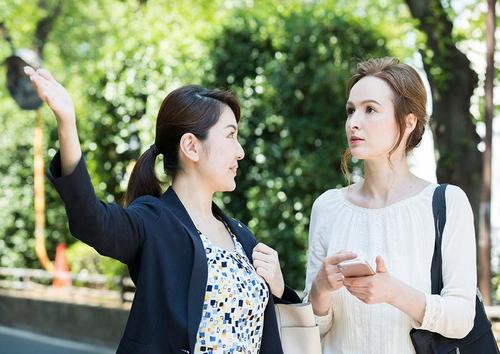 伝WORDS & GRAMMAR
伝WORDS & GRAMMARWhat is easy Japanese?
10/30/2020
-
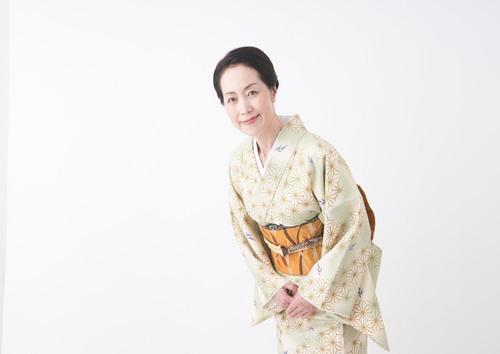 礼MANNERS
礼MANNERSJapanese greeting customs and origins. What are the greetings from other countries?
10/30/2020
-
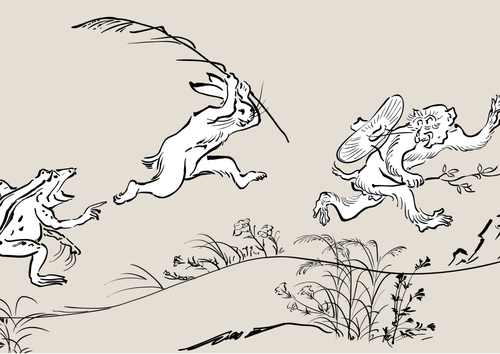 戯COMIC & GAME
戯COMIC & GAMEThe roots of animation and manga? Introducing bird and beast caricatures
10/30/2020
-
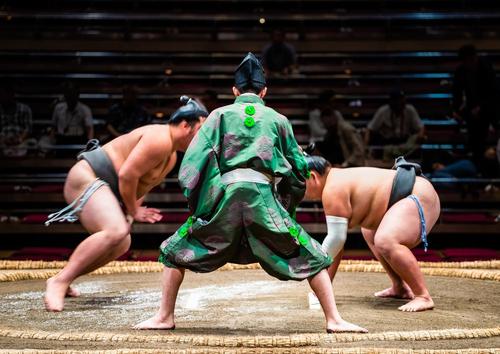 戦SPORTS
戦SPORTSThe history of sumo goes back to the mythical world! ?? Transition from myth to modern times
10/30/2020
LET’S PLAY
KARUTA!
Do you know the meaning of this...
NEXT...
FURTHER EXPLORATION
INTERESTED
IN JAPAN?
WHY DON’T YOU
LEARN JAPANESE WITH US?
START LEARNING
JAPANESE
WITH HUMAN ACADEMY!
ONE OF
THE MOST POPULAR
JAPANESE
LANGUAGE SCHOOLS
JAPANESE
LANGUAGE SCHOOL
OFFERING EXCELLENT
DETAILED LESSONS

ONLINE SCHOOL
- Learn with your classmates from all over the world
- Variety of Courses for All Needs
- FREE Trial Lesson available

TOKYO, OSAKA
- Offer the Best Curriculum for You
- Make New Japanese Learning Friends
- Many Opportunities to Practice Japanese
MAKE FURTHER
STEPS
WITH HUMAN ACADEMY!
ONE OF
THE MOST POPULAR
JAPANESE
LANGUAGE SCHOOLS
JAPANESE
LANGUAGE SCHOOL
PRODUCING MANY
JLPT N1 CERTIFIED
STUDENTS!

ONLINE SCHOOL
- Learn with your classmates from all over the world
- Variety of Courses for All Needs
- FREE Trial Lesson available

TOKYO, OSAKA
- Support Your Higher Goal of Japanese Learning
- Perfect Environment for Japanese Learners
- Learn with Your New Japanese Study Mates


